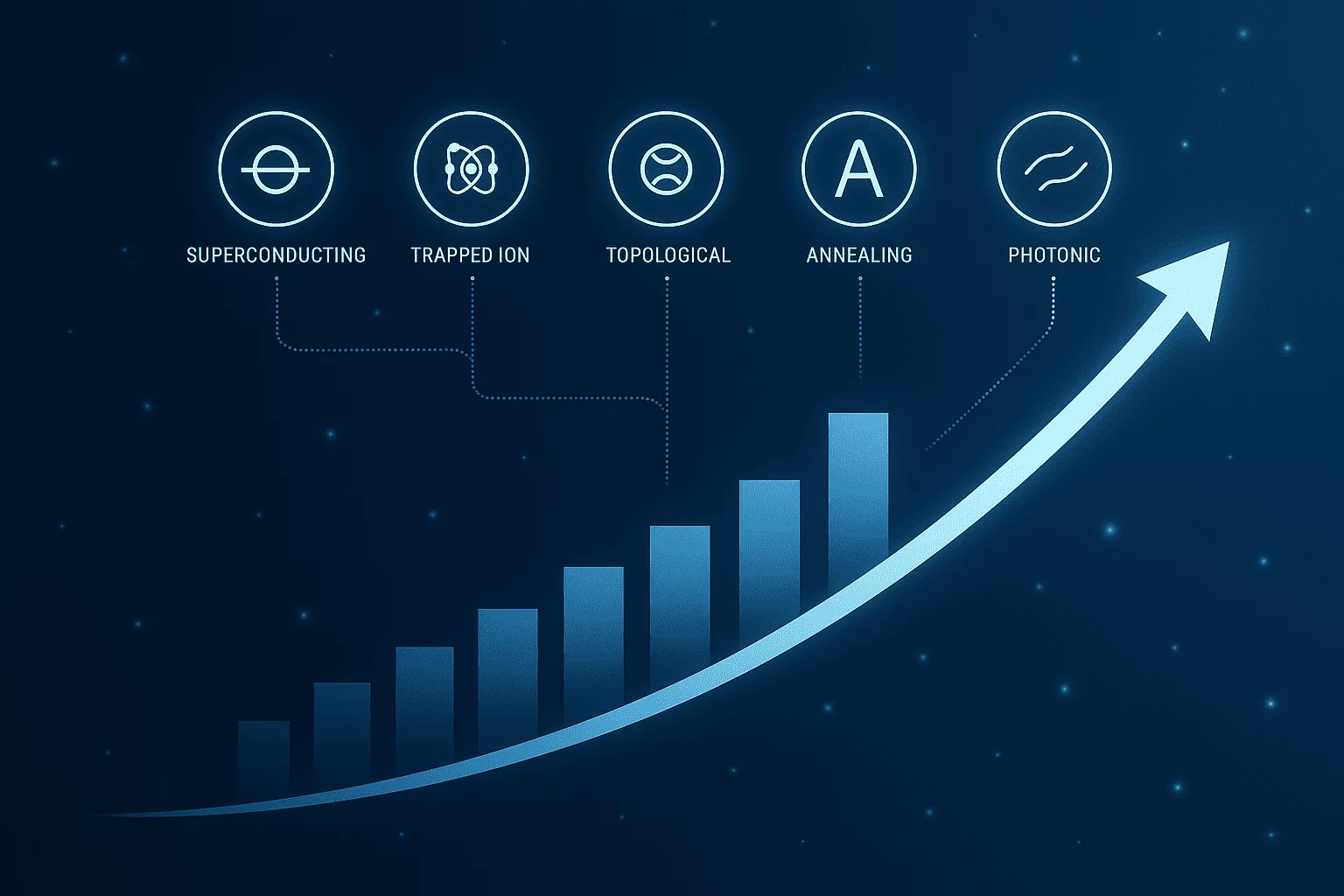“Your limits are negotiable—start the conversation today.” — Nova Clarke
Most of us grow up believing limits are permanent—whether imposed by age, background, or circumstance. But science and countless stories of human achievement prove otherwise: limits are rarely fixed. They are flexible, mental constructs shaped by fear, habits, and societal expectations. The good news? You have the power to renegotiate your limits. Every decision, every sunrise, every deliberate action becomes a vote for a life beyond boundaries. In this blog, discover how to challenge personal limits and unlock potential with proven strategies, and inspiring research. Learn why boundaries are negotiable and how each day is a chance to renegotiate your future.
Research from Stanford University demonstrates that adopting a growth mindset—the belief that skills and intelligence can be developed—significantly impacts achievement and resilience. People who see challenges as opportunities improve their performance by up to 43% compared to those with fixed mindsets.
Why We Believe in Limits
Understanding why limits feel real is the first step to overcoming them.
Conditioning from Childhood
From an early age, we’re told what’s “possible” or “appropriate.” Over time, these boundaries morph into invisible barriers.
Fear of Failure
Psychologists call this “loss aversion”—the brain naturally avoids risks that may lead to failure, even when the reward could be life-changing.
Social Comparison
In an era dominated by curated social media feeds, comparison traps reinforce self-doubt. Research by the American Psychological Association links excessive social comparison to decreased self-esteem and increased anxiety.
But here’s the empowering truth: what you think is a limit today is often just a threshold waiting to be crossed.
The Science of Breaking Boundaries
Recent studies in neuroscience reveal that the human brain remains highly adaptable—thanks to neuroplasticity—well into adulthood. This means your habits, thought patterns, and skills can be reshaped at any stage in life.
Consider this:
- People who engage in deliberate practice—structured, goal-oriented effort—improve their abilities at rates previously considered impossible.
- Physical boundaries are negotiable too. Marathon runners, for example, often experience a “second wind,” where perceived exhaustion fades when mental resilience kicks in.
These findings align with research published in Nature Neuroscience showing that mental and physical endurance correlates strongly with perception, not absolute capability. In other words, limits are mostly in your head.
Modern-Day Proof That Limits Can Be Broken
The world is full of individuals who negotiated with their so-called limitations:
- Colonel Harland Sanders founded KFC in his 60s, after countless business failures.
- Oprah Winfrey rose from poverty and rejection to become one of the most influential women globally.
- Elon Musk disrupted multiple industries—from finance to space travel—despite being told each venture was impossible.
According to Harvard Business Review, leaders who challenge conventional limits drive innovation 37% faster than those who operate within traditional frameworks.
The Negotiation Starts in Your Mind
Before negotiating external boundaries, you must renegotiate the conversation you have with yourself.
Language Shapes Limits
Replace “I can’t” with “How can I?” This subtle shift reframes obstacles as solvable problems rather than permanent walls.
Challenge Automatic Beliefs
When you think, “I’m not good at this,” add one word: yet. Psychologists confirm this small tweak reinforces a growth mindset and resilience.
Habits That Help You Push Beyond Limits
Embrace Micro-Progress
Big goals intimidate; small wins build momentum. A study from Behavioral Science & Policy Association found that achieving micro-goals releases dopamine, reinforcing persistence.
Surround Yourself with Expanders
Research from Social Cognitive Theory suggests that observing peers who break boundaries increases your own belief in possibility. Choose environments and communities that normalize ambition.
Adopt the “Experimental” Mindset
View attempts as experiments, not verdicts. This mindset reduces fear and fosters creativity—essential for negotiating limits.
Tools for Real-Life Limit Negotiation
Visualization
Athletes and executives alike use visualization to prime performance. MRI studies show the brain activates similar neural pathways during imagined and actual performance—proving that mental rehearsal builds real capability.
Energy Management
Pushing limits requires sustainable energy. According to the Journal of Occupational Health Psychology, strategic breaks and adequate sleep boost cognitive resilience by up to 33%.
Accountability Systems
Commit publicly to your goals. Social accountability increases success likelihood by 65%, according to research from American Society of Training and Development.
Breaking Limits in Career and Leadership
Negotiating limits isn’t just personal—it’s professional. Companies that embrace this philosophy thrive during disruption.
- Businesses fostering psychological safety—where employees feel safe to voice bold ideas—experience 50% higher team innovation, according to Google’s Project Aristotle.
- Leaders who model limit-breaking behavior inspire 21% greater employee engagement, says Gallup Research.
This principle applies across sectors. Whether you’re a startup founder or a corporate executive, renegotiating limits is the currency of growth.
Why Now Is the Best Time
The post-pandemic era has redefined “normal.” Remote work, digital transformation, and AI advancements have shattered old boundaries. Professionals who adapt, upskill, and reimagine their roles will lead the future.
Data from LinkedIn Learning shows a 241% increase in demand for adaptability and resilience training since 2020. The message is clear: the ability to renegotiate limits is the ultimate competitive advantage.
A Practical Roadmap to Start Today
Reflect
Identify one self-imposed limit in your life—personal or professional. Write it down.
Reframe
Ask: “What would it take to make this possible?” Brainstorm options without judgment.
Act Small, Act Now
Pick one tiny step toward renegotiating this limit. Schedule it today.
Track & Adjust
Celebrate progress, however small. Adapt your strategy based on feedback.
The Compound Effect of Limit-Breaking
Every time you renegotiate a limit, you strengthen your confidence muscle. Over time, these micro-shifts accumulate into seismic transformations:
- New skills become second nature.
- What once felt impossible becomes your baseline.
- You inspire others to renegotiate their own boundaries.
This ripple effect turns individual breakthroughs into collective evolution—a chain reaction of possibility.
Conclusion: Insights from Mattias Knutsson
Strategic leader Mattias Knutsson, known for steering global procurement and business development strategies, emphasizes this truth: “Every negotiation—whether in business or life—begins with belief. When you believe limits are negotiable, you create solutions where others see walls.”
His leadership approach underlines a universal principle: limits are rarely set in stone—they’re written in sand, waiting for you to rewrite the lines.
Next time you hear the voice of doubt whisper “you can’t,” answer boldly:
“Watch me.”
Because your limits? They’re not permanent—they’re negotiable. And the conversation starts now.




